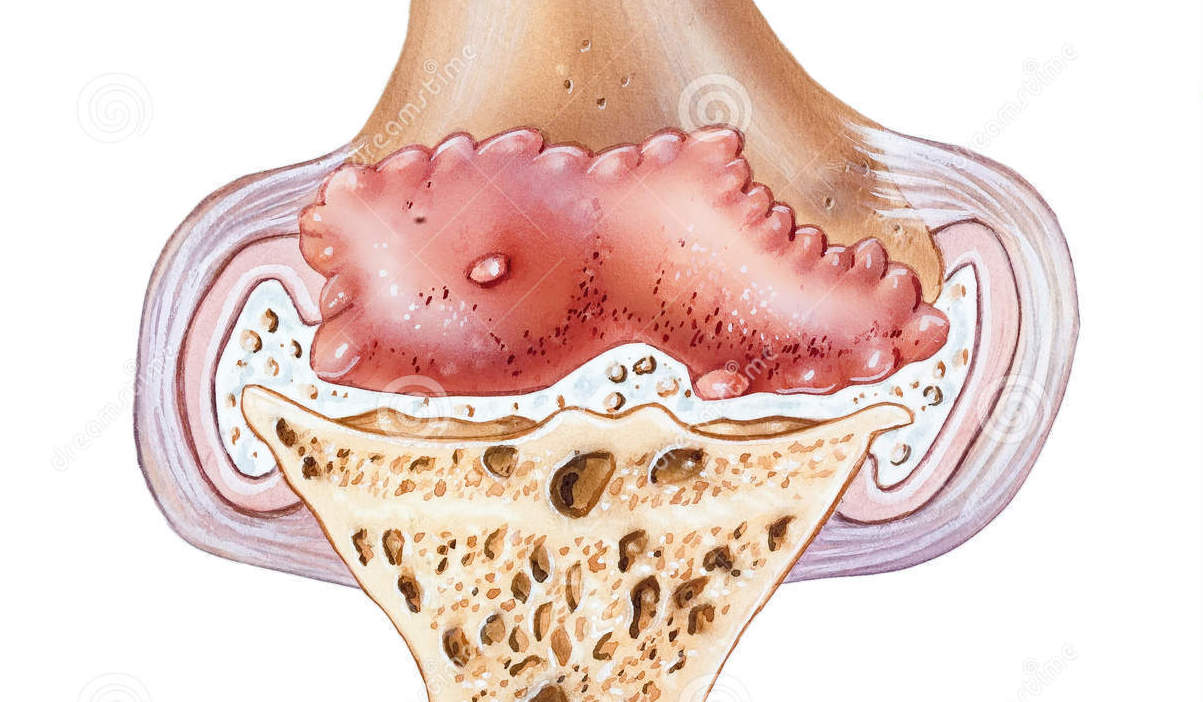
Diet and osteoarthritis
Osteoarthritis is a condition in which the cushion of cartilage between your joints breaks down and wears away. It can cause severe joint pain and swelling.
Osteoarthritis (OA) is an inflammatory condition. Eating foods that contribute to inflammation in the body can aggravate their symptoms. Avoiding certain foods could help you prevent OA flare-ups.
We’ll explore six foods to avoid when you have OA.
1. Sugar
Sugar-rich carbohydrates, such as processed cakes, cookies, and bakery items, may change your body’s immune response to disease, according to one studyTrusted Source. This reaction can worsen inflammation and leave your strained joints feeling even weaker.
Natural substitutes, such as pure maple syrup and honey, may appease your sweet tooth without contributing to OA symptoms.
2. Salt
Eating too much sodium causes your cells to retain water. This means they swell up.
Your body does need sodium to function. However, eating too much leads to an inflammatory reaction. This can contribute to joint damage.
According to the Centers for Disease Control and Prevention (CDC), most Americans Trusted Source consumes too much sodium daily. To cut back on sodium, try swapping out salt for other spices, such as lemon zest, or flavored black peppers like garlic pepper, to enhance your food.
3. Fried food
The Arthritis Foundation points out that foods high in saturated fats, such as fries and doughnuts, can increase inflammation in the body and make OA pain worse.
The oils used to fry foods create a chemical reaction in your body and can raise your cholesterol.
Stick with foods baked without any oil additives. When you need to use oil to cook with, opt for a small amount of olive or avocado oil instead.
4. White flour
Refined wheat products, like white bread, stimulate your body’s inflammatory response. That’s why eating a lot of refined pasta, cereals, and grain products might make your OA pain flare up.
To avoid this, choose whole grains whenever possible. Avoid heavily processed bread products. - Whole grains and yeast additives that contain gluten may also affect OA pain.
5. Omega-6 fatty acids
According to Harvard Medical School, you should limit your intake of foods containing omega-6 fatty acids, such as egg yolks and red meat. Saturated fats may increase levels of inflammation in the body, making OA pain worse.
Eating foods rich in omega-3s, such as salmon, walnuts, and soy, will give you the protein you need without worsening your OA symptoms.
6. Dairy
Some believe dairy products may cause inflammation in some people, which can lead to arthritis pain. A study Trusted Source found that people with arthritis who avoided animal milk and other inflammatory triggers experienced a significant improvement in their symptoms.
Research exploring the link between dairy and inflammation is conflicting. But, it wouldn’t be harmful to try substituting dairy with a healthy nondairy alternative like almond milk, or an anti-inflammatory like flax milk, to see how your body responds.
Make sure to avoid carrageenan found in these kinds of milk. This is an additive derived from seaweed that can cause gastrointestinal symptoms and weaken intestinal permeability.
Osteoarthritis and alcohol
Most experts discourage drinking alcohol to excess when you have OA. Drinking alcohol, especially beer, can contribute to flare-ups because of high purine levels in commercial alcohol products.
Also, most arthritis medication will interact with alcohol, which affects the effectiveness of the drug and can be dangerous.
Precision Pain Care and Rehabilitation has two convenient locations in the Richmond Hill – Queens and New Hyde Park – Long Island. Call the Richmond Hill office at (718) 215-1888, or (516) 419-4480 for Long Island office, to arrange an appointment with our Interventional Pain Management Specialist, Dr. Jeffrey Chacko.













